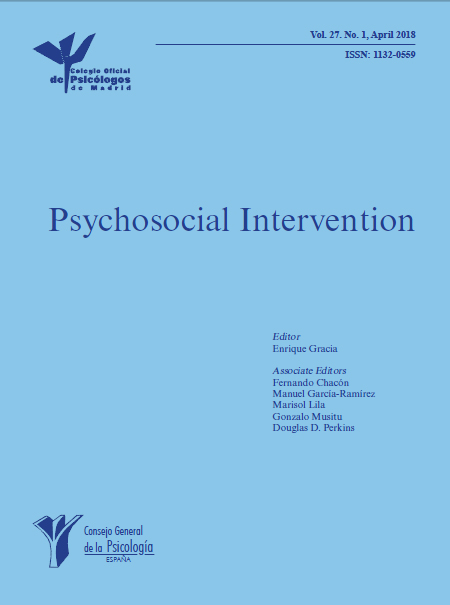
Attitudes toward prostitution: Is it an ideological issue?
[Attitudes toward prostitution: Is it an ideological issue?]
Inmaculada Valor-Segura; Francisca Expósito; and Miguel Moya
Abstract
Prostitution has been the subject of intense debate in all societies and cultures though to varying degrees of public acceptance or rejection. The choice of legal approach to deal with this issue (i.e., legalization or prohibition) may be influenced by ideological factors. The primary aim of this study was to assess, in a sample of 620 individuals drawn from general population, the legal stances towards prostitution, and attitudes and beliefs regarding the underlying motives and behaviour of men who resort to prostitution. Moreover, the effects of sexist attitudes and beliefs and the legal stance towards prostitution on victim-blaming in cases of physical or sexual assault to prostitutes were assessed. The results reveal significant differences in legal stance towards prostitution in relation to attitudes and beliefs concerning the underlying motives and behaviour of men who procure the services of a prostitute. In other words, a high score in prohibition was associated to hostile attitudes and belief regarding the behaviour of men who resort to prostitution whereas a high score in legalization predicted benevolent attitudes and beliefs towards these men. Furthermore, the results show that a high degree of hostile sexism and the legal stance of prohibition predicted victim-blaming in physical or sexual assault to prostitutes.
Resumen
Copyright © 2026. Colegio Oficial de la Psicología de Madrid















